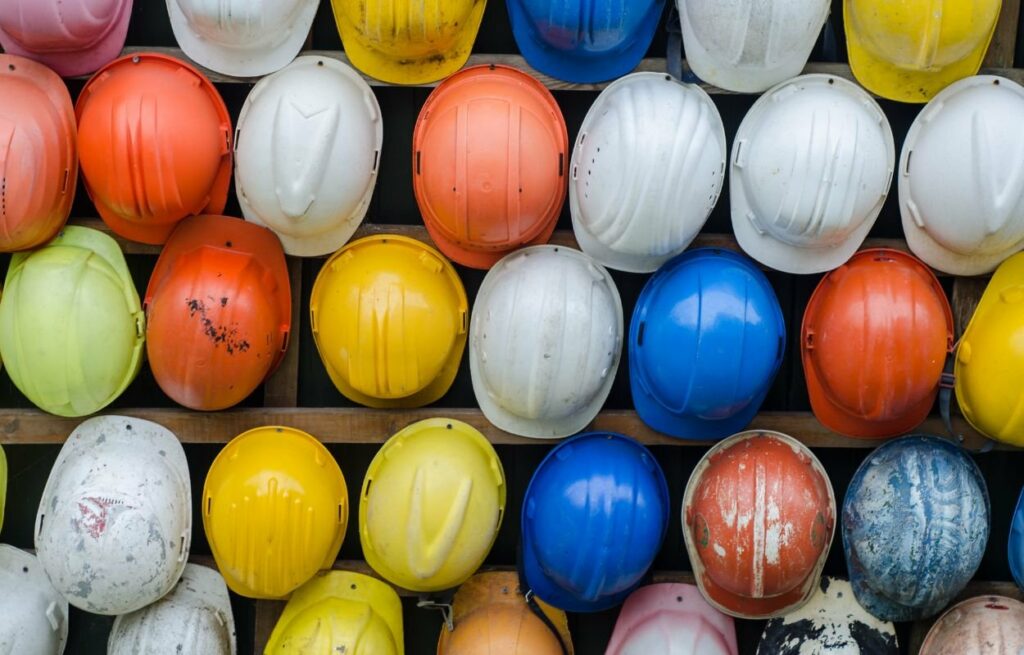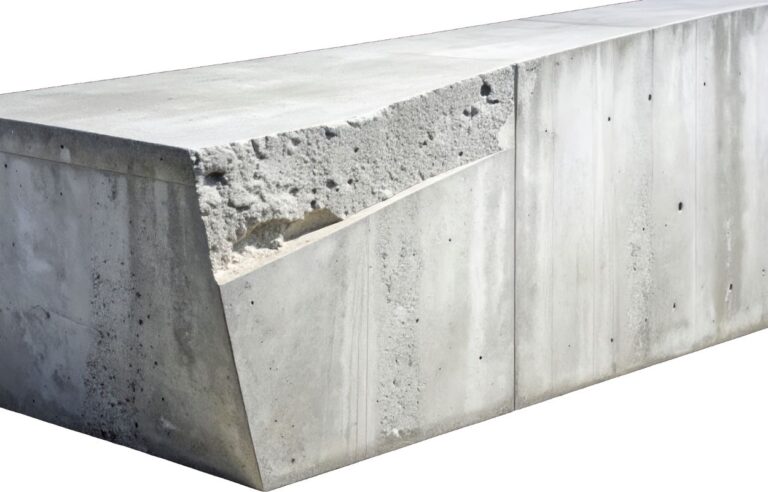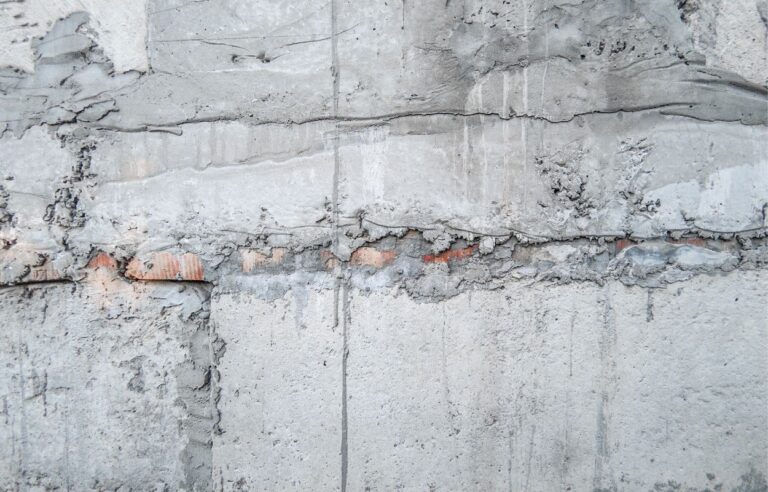
When you think of demolition, images of large machinery, flying debris, and buildings tumbling down might come to mind. It’s exciting, right? But as thrilling as demolition can be, it’s also a job that comes with serious risks. And that’s why safety takes center stage. For demolition companies in Victoria and beyond, safety isn’t just a checkbox. It’s a top priority. Every piece of equipment, every worker, and every move on-site is carefully planned to make sure everyone goes home safe at the end of the day. Let’s dive into the ways demolition companies put safety first.
PLANNING AND PREPARATION: LAYING THE GROUNDWORK FOR SAFETY
Safety starts well before any building or structure starts coming down. Demolition companies invest a lot of time in the planning and preparation phase. This stage is all about spotting hazards and addressing them ahead of time.
Before any work begins, crews conduct a thorough risk assessment of the site. They look for things like unstable structures, nearby buildings that might be affected, or any hazardous materials like asbestos. This helps create a game plan that minimizes risks. They even consider details like the best time of day to do the job, accounting for things like weather conditions and visibility.
TRAINING THE CREW: KNOWLEDGE IS POWER
You can’t have a safe demolition site without a team that knows exactly what they’re doing. Demolition companies in Victoria take crew training seriously, and that’s an understatement. Workers don’t just show up and start swinging hammers or operating machinery. They go through rigorous training to understand the tools, equipment, and safety protocols.
Each crew member learns how to operate machinery, handle hazardous materials, and follow emergency procedures. And training doesn’t just stop after one session. Safety protocols, equipment handling, and emergency drills get regular updates. This keeps everyone sharp and ensures that every team member understands their role in keeping the site safe.
PERSONAL PROTECTIVE EQUIPMENT (PPE): GEAR UP FOR SAFETY
No one steps onto a demolition site without the right gear. Personal Protective Equipment, or PPE, is non-negotiable in this line of work. Helmets, gloves, steel-toed boots, high-visibility vests, safety goggles – you name it, they’ve got it on.
Each piece of PPE serves a specific purpose. Helmets protect against falling debris, goggles shield eyes from dust and flying particles, and steel-toed boots prevent foot injuries. Wearing PPE doesn’t just protect the workers; it also shows that the company cares about each individual’s well-being. In an industry where a simple mistake could lead to a big injury, having the right gear makes a world of difference.
CLEAR COMMUNICATION: KEEPING EVERYONE ON THE SAME PAGE
Communication on a demolition site can be the difference between a safe job and a risky one. With loud machinery, dust, and other distractions, crews need to know how to communicate effectively.
Most demolition companies in Victoria have strict guidelines for communication on-site. Workers use hand signals, radios, and even specialized codes to alert each other of hazards or changes in plans. This ensures that everyone, from the crane operator to the team on the ground, knows what’s happening at all times. Clear communication minimizes misunderstandings and helps keep everyone safe.
SITE SECURITY: CONTROLLING ACCESS TO THE DANGER ZONE
Demolition sites can attract attention from onlookers, but the last thing workers need is unauthorized people wandering around. To prevent accidents and protect the public, demolition companies use barriers, signs, and fencing to keep the area secure.
Access control is crucial not only for protecting the public but also for the safety of the crew. With limited access, the team can focus on the job without worrying about unexpected visitors. Workers can focus fully on their tasks, knowing that people who shouldn’t be there won’t get in.
EQUIPMENT MAINTENANCE: KEEPING THE TOOLS IN TOP SHAPE
When it comes to demolition, heavy machinery is essential. But with great power comes great responsibility! For the equipment to be safe, it must be in top-notch condition. That’s why demolition companies prioritize regular maintenance of all machinery.
From excavators and cranes to jackhammers and saws, every tool on-site gets regular check-ups. Crews inspect and maintain equipment to ensure it’s operating safely and efficiently. Malfunctioning equipment poses a huge risk, so companies don’t cut corners when it comes to maintenance. They check for any wear and tear, replace worn-out parts, and test equipment before each use. This attention to detail reduces the risk of unexpected breakdowns and keeps the job moving smoothly.
HANDLING HAZARDOUS MATERIALS: TAKING EXTRA PRECAUTIONS
Demolition isn’t just about knocking down walls; it often involves dealing with hazardous materials. Asbestos, lead, and other toxins are common in older buildings. To protect both the crew and the environment, demolition companies handle these materials with the utmost care.
When hazardous materials are found, the team follows strict procedures to remove them safely. Specialized equipment and protective gear are used to minimize exposure. Disposal is handled carefully, with materials taken to facilities equipped to manage hazardous waste. This isn’t just about following laws and regulations – it’s about ensuring the health and safety of everyone involved.
EMERGENCY PREPAREDNESS: PLANNING FOR THE UNEXPECTED
No matter how well-prepared a team is, unexpected things can happen. That’s why demolition companies make sure they’re ready to respond to emergencies. From fires to equipment failures, crews are trained to act quickly and safely when something goes wrong.
Emergency plans include clear evacuation routes, first aid procedures, and protocols for specific incidents. Workers undergo drills to practice these procedures, so they know exactly what to do under pressure. By preparing for the unexpected, companies reduce the risk of panic and confusion, ensuring everyone knows how to stay safe in a crisis.
ENVIRONMENTAL SAFETY: MINIMIZING IMPACT BEYOND THE JOB SITE
Safety isn’t just about the people on-site; it also extends to the surrounding environment. Demolition companies in Victoria take steps to minimize dust, noise, and other environmental impacts.
Water sprays and barriers help control dust, protecting the air quality for nearby residents. Sound barriers and scheduling work during daylight hours minimize noise disturbances. Some companies even recycle materials to reduce waste. By considering the environment, these companies show they’re not just about tearing things down – they’re about doing it responsibly.
CONTINUOUS IMPROVEMENT: LEARNING FROM EVERY JOB
Safety in demolition isn’t static. After each project, teams gather to review what went well and what could improve. This process helps demolition companies refine their safety practices over time.
Lessons learned from previous jobs guide future projects, making each site safer than the last. Whether it’s a new technique or an updated protocol, continuous improvement keeps safety standards evolving. And as technology advances, demolition companies stay up-to-date with the latest safety tools and methods.
THE FINAL WORD ON SAFETY
In the world of demolition, safety is more than just a list of rules. It’s a mindset, a culture, and a commitment that runs deep within each crew. Demolition companies in Victoria, just like those elsewhere, take safety seriously. They prioritize planning, training, communication, and environmental impact to ensure each job is completed safely and responsibly.
Every piece of equipment, every crew member, and every move on-site serves one purpose: getting the job done while keeping everyone safe. It’s a job that demands attention to detail, respect for the risks, and a relentless focus on safety. So, next time you see a demolition crew at work, remember the countless steps they’ve taken to ensure the site is as safe as possible.
After all, in the demolition world, safety always comes first.
